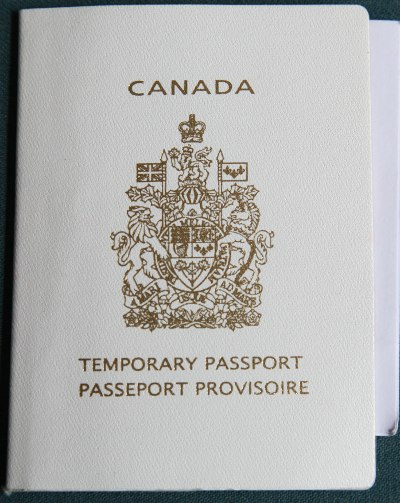Air New Zealand "Cuddle Class"
Submitted by brad on Sun, 2011-02-13 15:13Some years ago I made the proposal that airlines sell half of a middle seat at half price or less so that two coach passengers could assure they would have an empty middle next to them.







